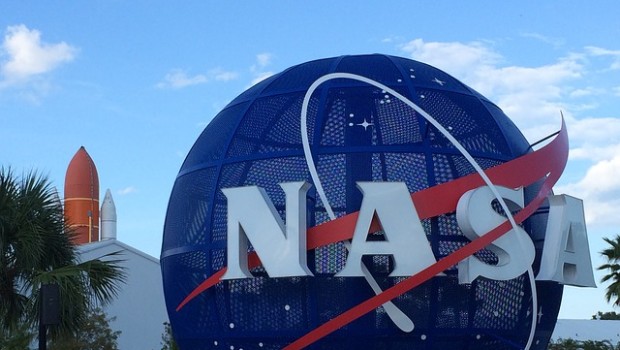NASA is relying on the innovations of others, as the space agency is launching a program which will allow entrepreneurs to utilize its patented technologies without having to make an initial payment.
By doing this, NASA is hoping that others will be able to use their technologies to make their own scientific breakthroughs.
The program is being called Startup NASA.
The space agency said in a press release, “The Startup NASA initiative addresses two common problems startups face: raising capital and securing intellectual property rights.”
The new program has the goal of encouraging business growth and advancing technological innovation in America.
Only companies in the United States are expected to be allowed to participate in the program, but this has not yet been confirmed.
The program is a part of NASA’s Technology Transfer Program. By participating in the program, startup companies will be allowed to make use of more than 1,200 technologies that have been patented by NASA.
The space agency has 15 different categories of patents. Some of these categories include aeronautics, electronics, IT and software, materials and coating, power generation, storage and robotics.
NASA’s chief technologist David Miller says, “The Startup NASA initiative leverages the results of our cutting-edge research and development so entrepreneurs can take that research, and some risks, to create new products and new services.”
In exchange for participating in the program, companies will be required to pay NASA a royalty of 4.2% of total net sales that are related to their usage of technologies that are patented by NASA starting three years after the company enters into the program.
NASA is clearly trying to lessen its burden to develop innovative new technologies, as the agency is expecting that fresh minds will be able to do the work for them. That being said, it’s a good concept because it will help small companies get started, and it will allow for more technological innovation to take place in the United States.
Stay Connected